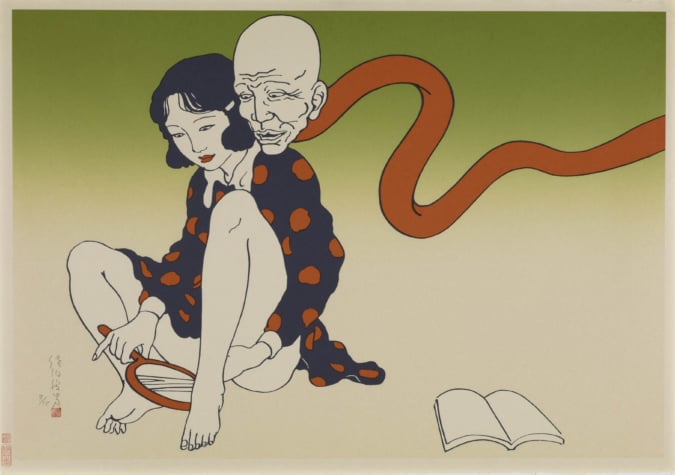Okinawa’s Lush Nature is the Source of Ruhaku’s Organic Cosmetics
From Okinawa to Normandy, this cosmetics brand serves as a model of the alchemy between French ideas and Japanese practices.
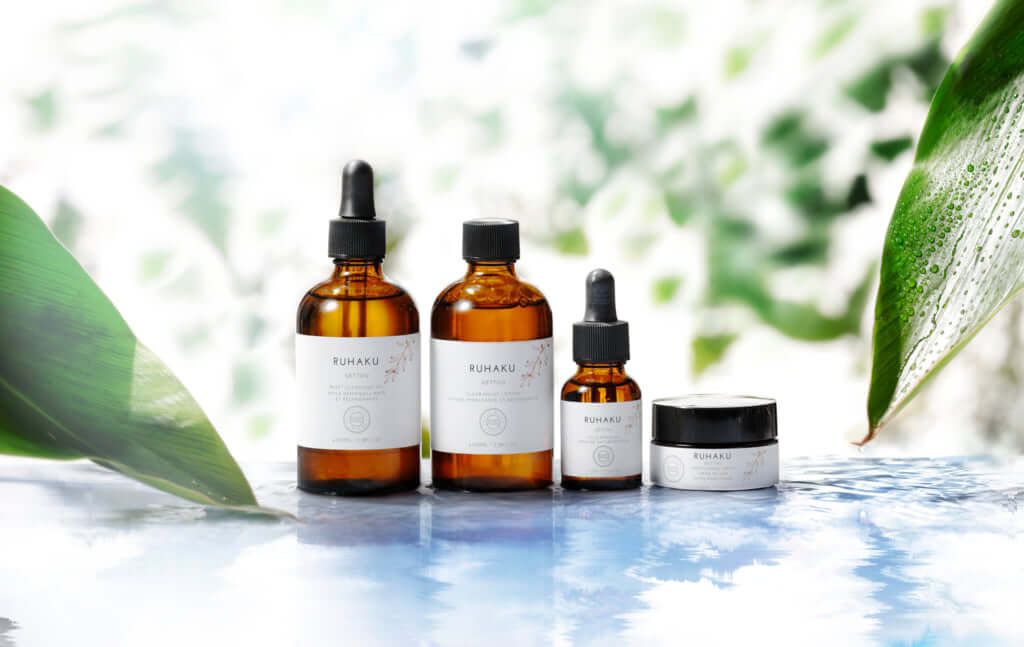
Courtesy of Ruhaku.
As soon as the product is applied to the skin, the delicate but heady scent of ‘gettou’, a plant found in Okinawa and considered as an elixir of youth, delights the senses. Ruhaku, the range of organic anti-ageing cosmetics, may come from Japan, but its history is very closely tied to France.
Founder Masahiro Sugita wanted to create skincare products that would relieve his wife Yoko’s tired skin as she felt the effects of her stressful working life. While on a trip to Okinawa, Japan’s southernmost island, he discovered the benefits of gettou, the antioxidant and antibacterial properties of which have led to its use in the region as a herbicide, as well as in cooking and medicine. He returned from his trip with a lotion that Yoko soon began using with great enthusiasm.
No unnecessary chemicals
Thus, in 2009, Sugita began a quest to create the most natural beauty products possible, containing no unnecessary chemicals. At the time, however, Japan was producing very few organic cosmetics, and factories refused to go along with Sugita’s plans for financial reasons. The businessman therefore headed to Europe to study the production of organic cosmetics. While there, he discovered the French certification Ecocert, and returned to Japan determined to obtain it.
He eventually discovered gettou plants being cultivated on Hamahiga Island – the island of gods – in Okinawa, where the plant is grown without the use of pesticides and is picked by hand, two factors that enabled him to receive the Ecocert certification. This marked the beginning of Ruhaku, a name created by combining the word Ryukyu, another name for Okinawa, and Bihaku, denoting fair and supple skin.
A factory in the heart of Normandy
The story of this organic Japanese cosmetics brand doesn’t stop there, however. The range was quickly discovered by Keiko Suyama, founder of Dessigns, a company responsible for selling typically Japanese beauty products in France, such as those made by Makanai or Uka. But there was a problem: some of the natural ingredients used to produce Ruhaku products could not be imported to France, such as seawater and mud from Okinawa.
As a result, Masahiro Sugita decided to set up a laboratory and factory in Normandy, where French teams would replace the missing ingredients with French equivalents, such as Breton seawater. The venture proved successful, as the organic cosmetics brand secures the best sales progression among the brands represented by Dessigns.
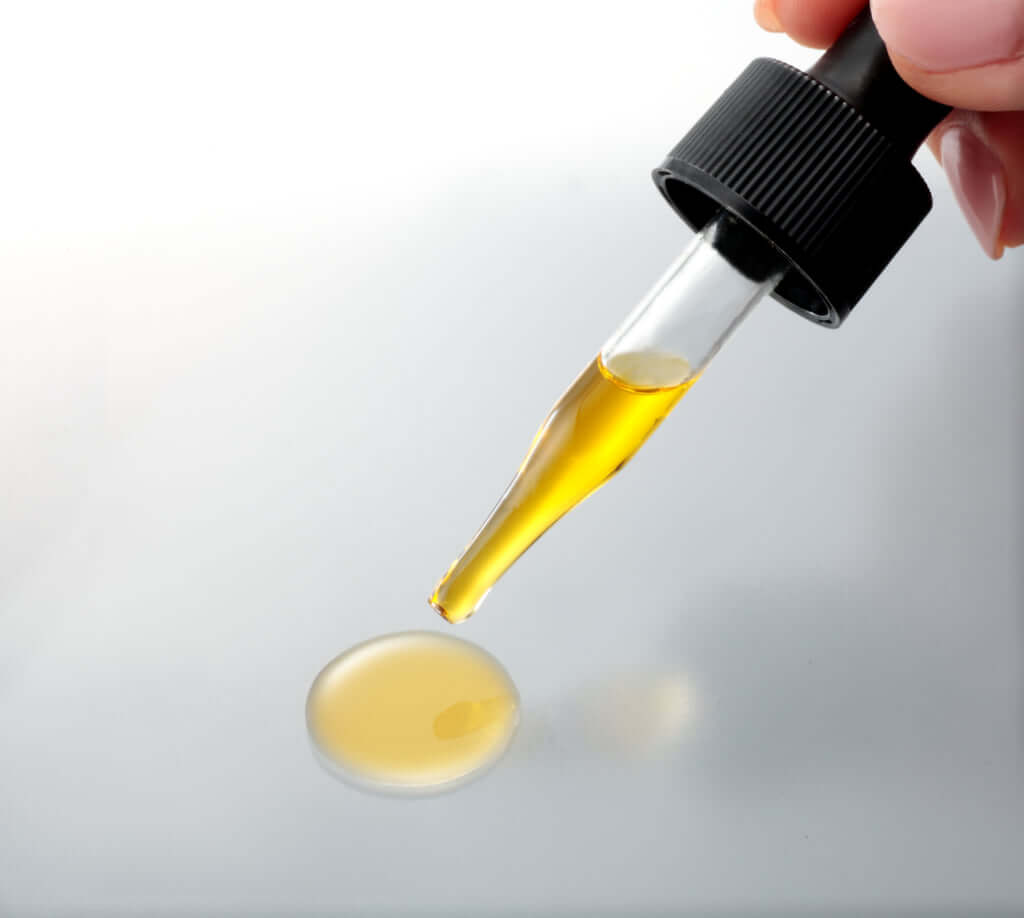
Courtesy of Ruhaku.
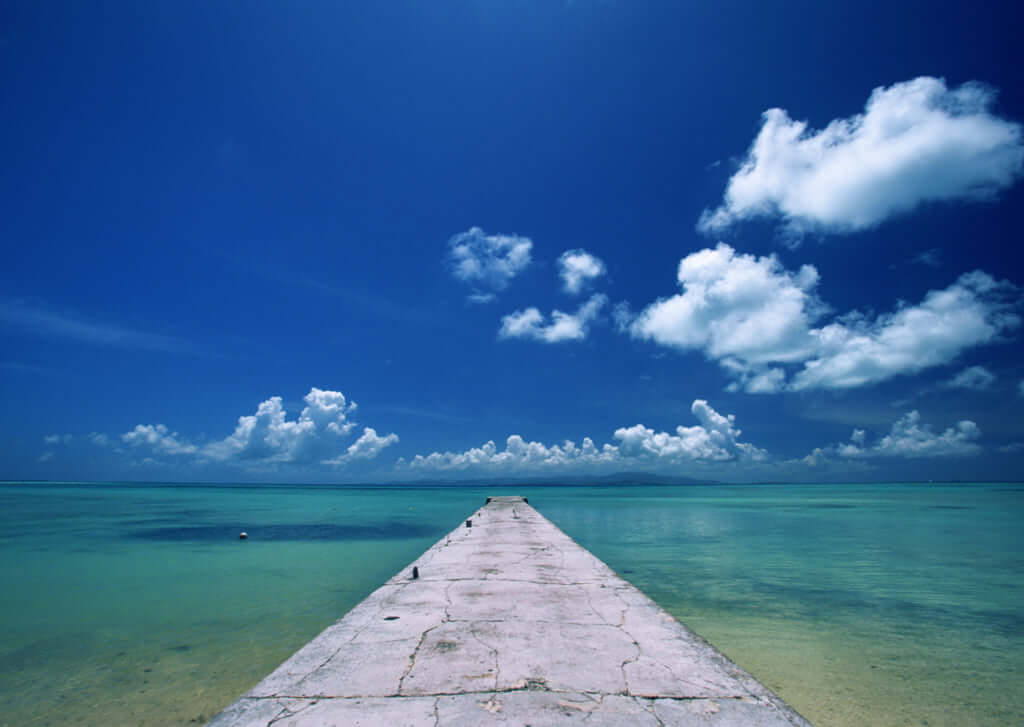
Courtesy of Ruhaku.
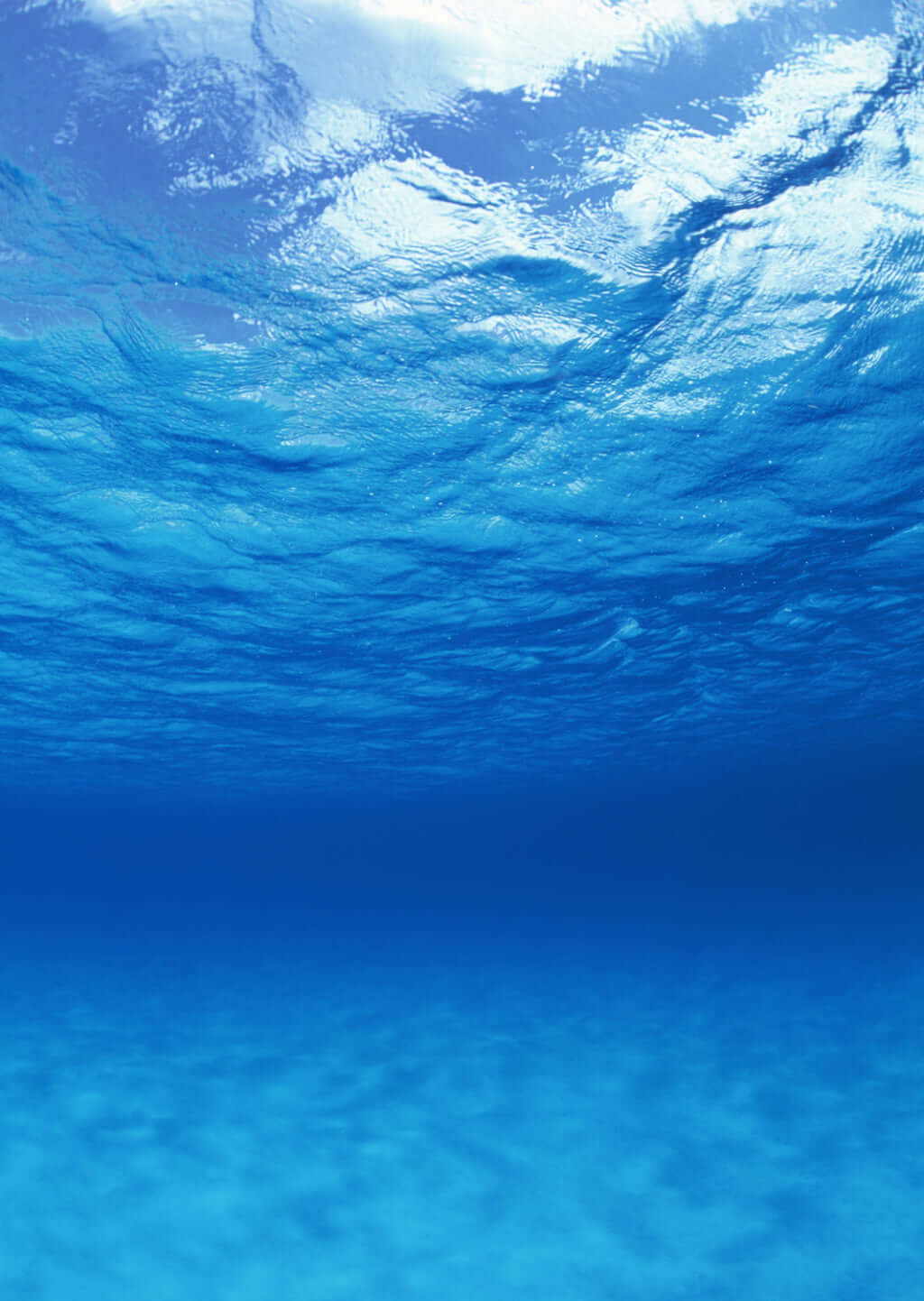
Courtesy of Ruhaku.
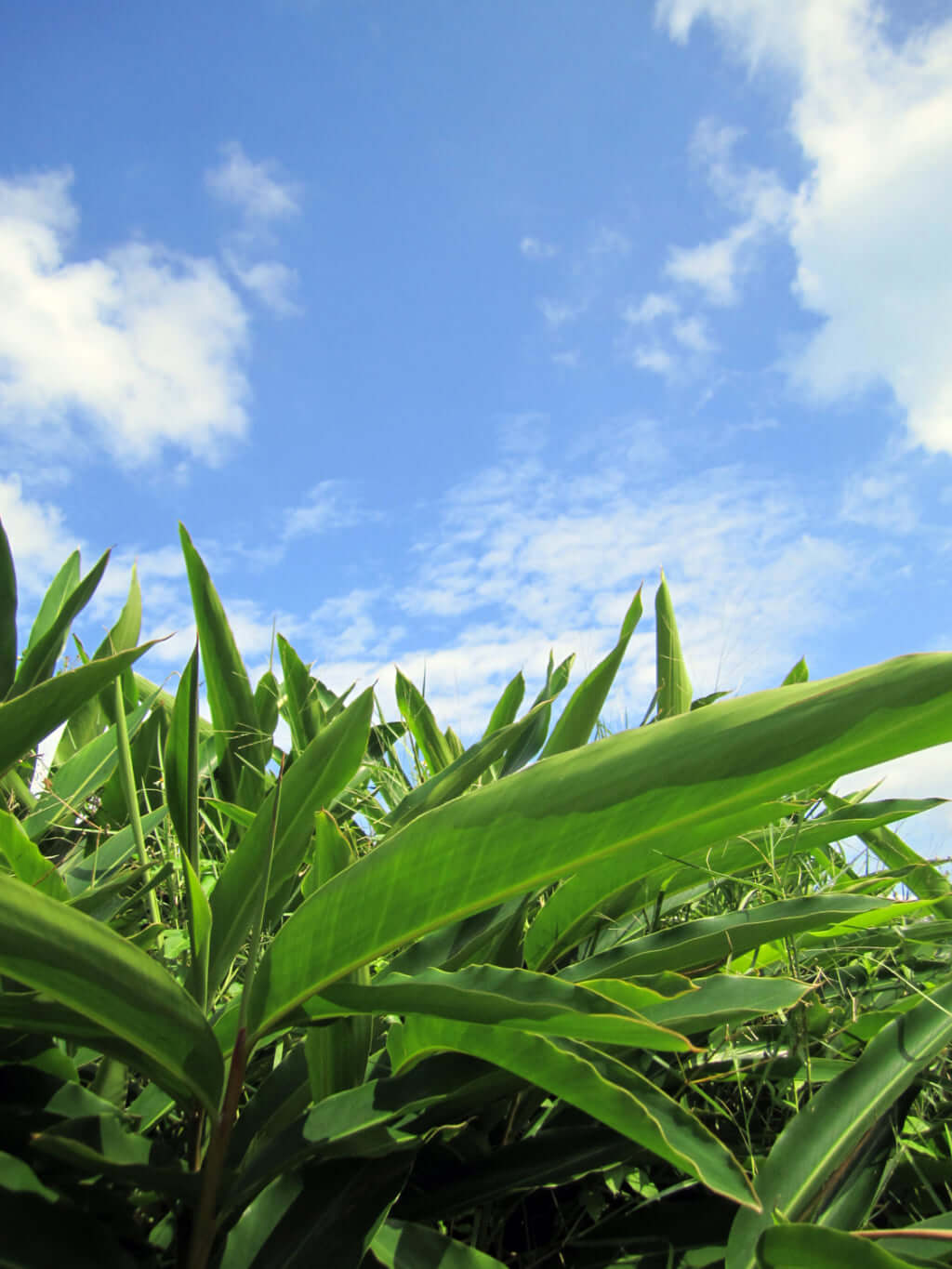
Courtesy of Ruhaku.
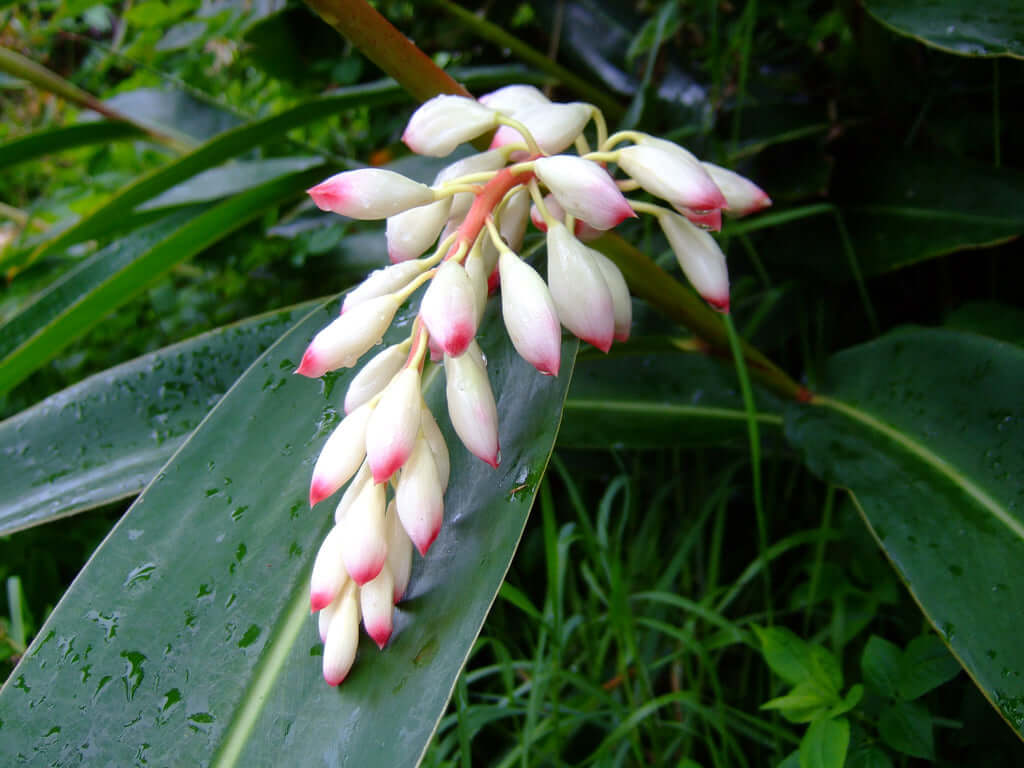
Courtesy of Ruhaku.
TRENDING
-
A House from the Taisho Era Reveals Its Secrets
While visiting an abandoned building, Hamish Campbell discovered photographs the owner had taken of the place in the 1920s.

-
The Taboo-Breaking Erotica of Toshio Saeki
The master of the 1970s Japanese avant-garde reimagined his most iconic artworks for a limited box set with silkscreen artist Fumie Taniyama.

-
With Meisa Fujishiro, Tokyo's Nudes Stand Tall
In the series 'Sketches of Tokyo', the photographer revisits the genre by bringing it face to face with the capital's architecture.

-
Masahisa Fukase's Family Portraits
In his series ‘Family’, the photographer compiles surprising photos in which he questions death, the inescapable.

-
Hajime Sorayama's Futuristic Eroticism
The illustrator is the pioneer for a form of hyperrealism that combines sensuality and technology and depicts sexualised robots.


